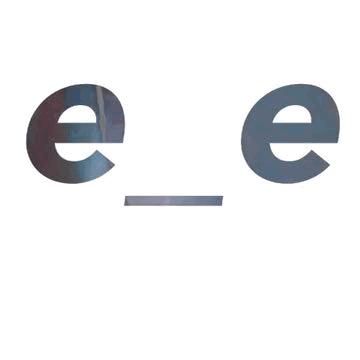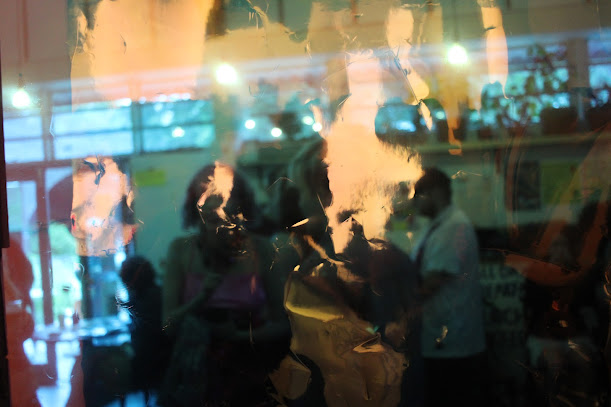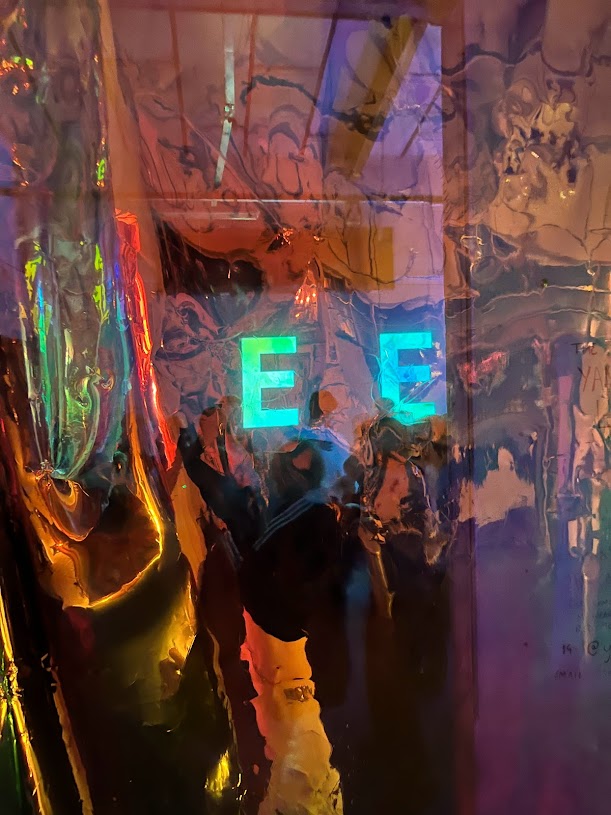To Neuroqueer, is to actively reimagine the many structures that seek to define, exclude and erase us. It is to reclaim our-being and to give more full expression to our uniquely weird potentials and inclinations.
Neuroqueer* as a verb: is an action, a doing word- rooted in the practice of queering (that is: subverting, disrupting, defying, liberating oneself from) from normativity and is necessarily intersectional in nature.
This concept has grown out of the critical neurodiversity paradigm* that centers exploration of neurodivergent culture, ways of being, seeing, knowing and engaging in/with-the-world- that disrupt and challenge the normative ideal.
We hope and encourage that this space (E-Numbers) is one in which we can together attempt to reclaim/give power to and embody our most authentic selves.
*see also a full text introduction by Nick Walker here
neuroqueer
Uncertain about exactly what label(s) (e.g. asexual, nonbinary, pansexual, etc.) they fall under, due to reasons related to neurodiversity. This can encompass mental illnesses, developmental disabilities, learning disabilities, and all kinds of neurological differences.
People who identify as neuroqueer often reject binaristic ideas of gender and sexual orientation. They can be nonconformists who think radically about queer and disabled identities.
Example: Maya has complex PTSD, and even the idea of flirting with a girl gives her serious anxiety. She thinks she could be asexual and/or aromantic, or maybe just too traumatized to date anyone. She decides to identify as neuroqueer for now, and maybe revisit it later, if she feels like it.
Example: Sam is autistic, and has never really understood gender. They can't really separate their feelings about gender from their autism, and they don't particularly want to. They identify as neuroqueer, and work hard in activism to make the world better for disabled and LGBTQ+ people.
The term was coined by Athena Lynn Michaels-Dillon and Nick Walker.












